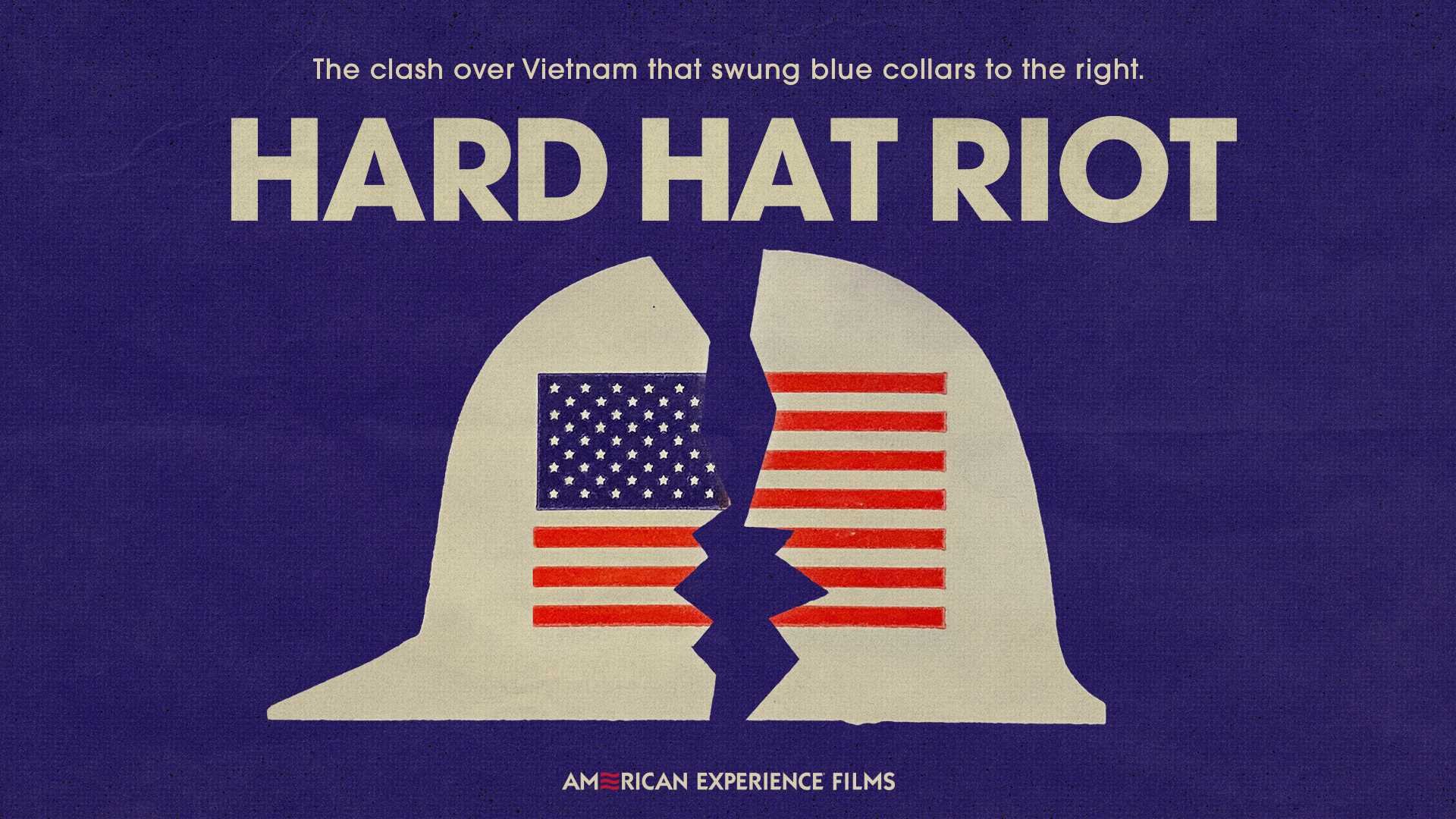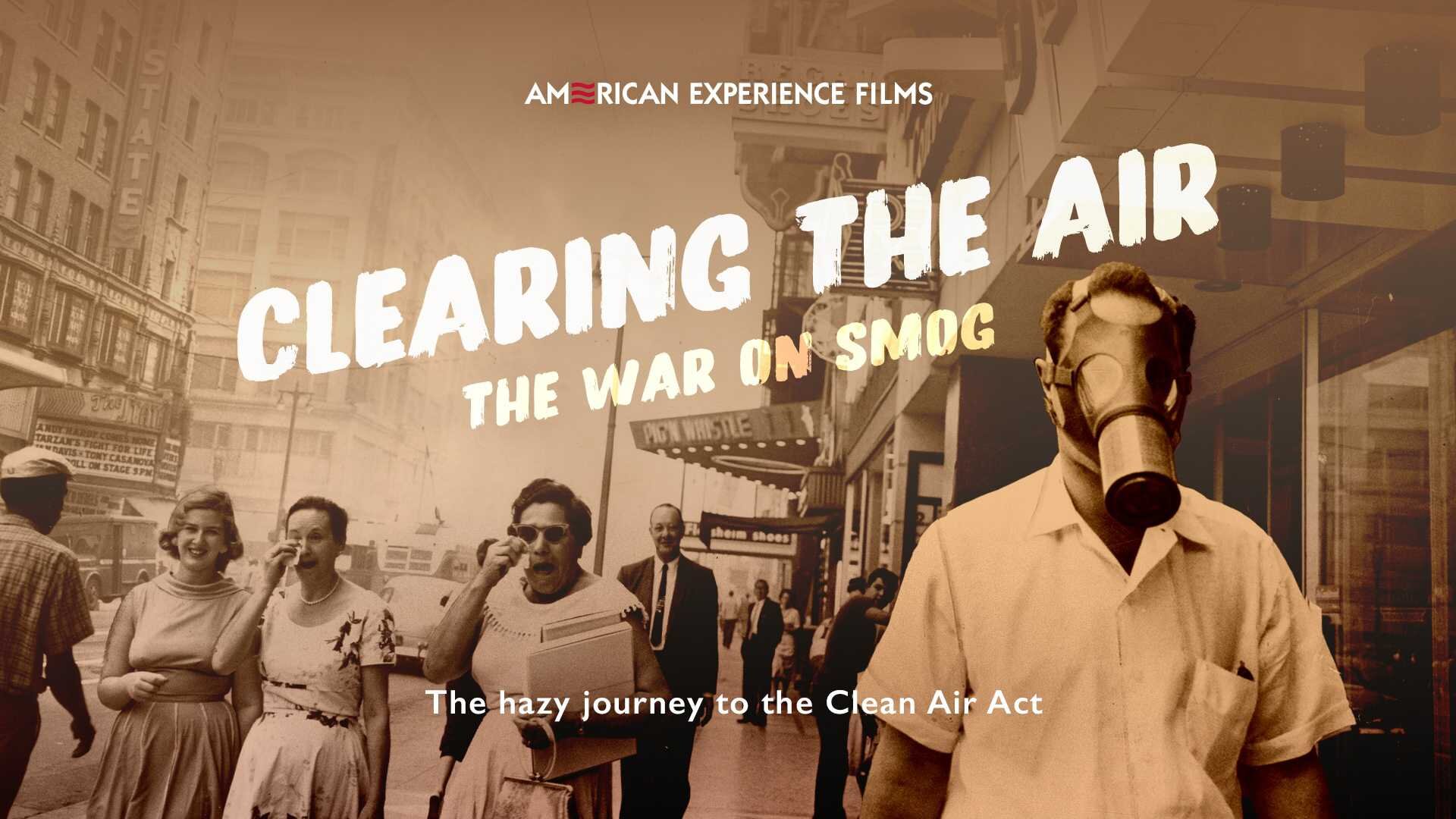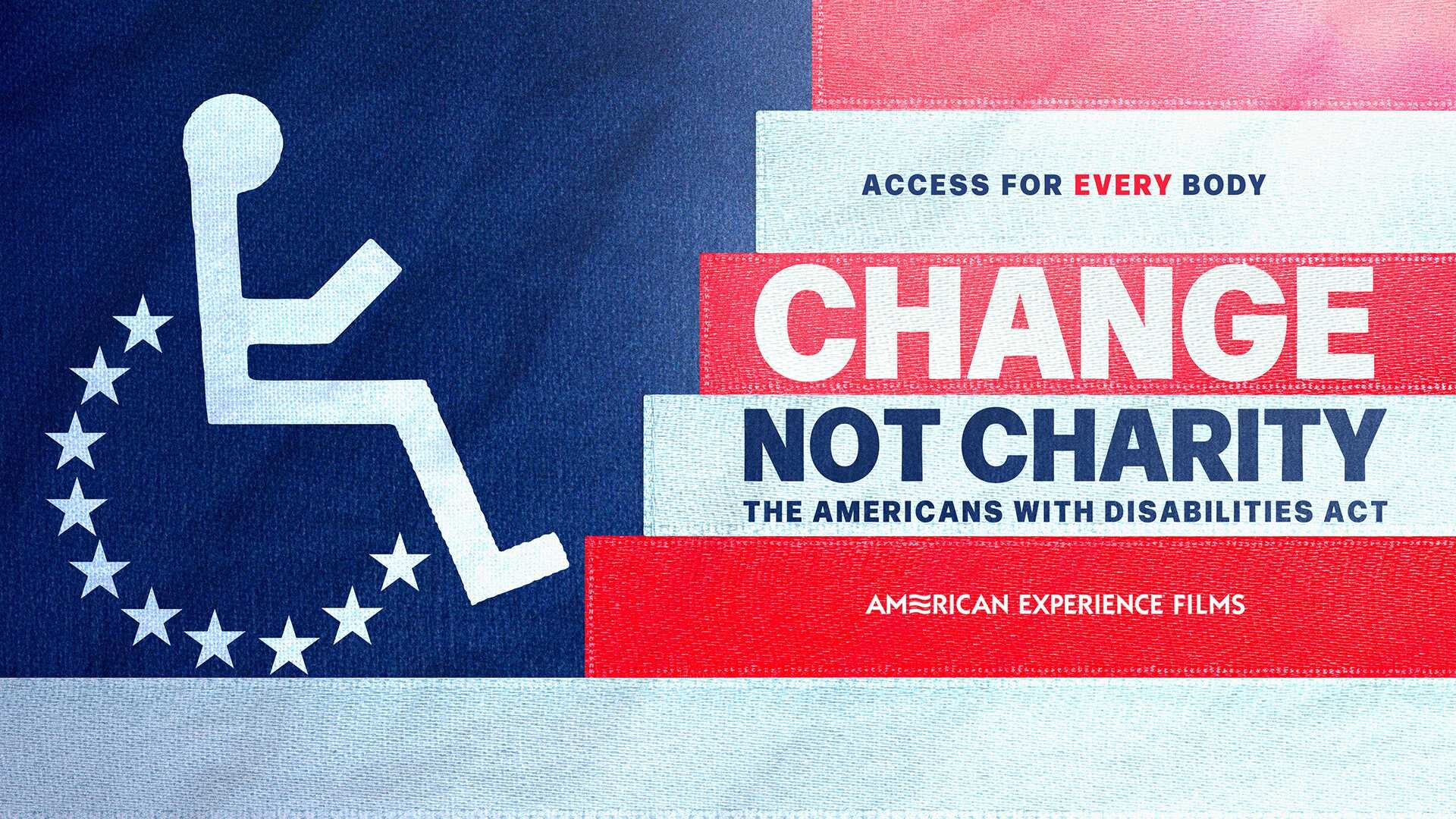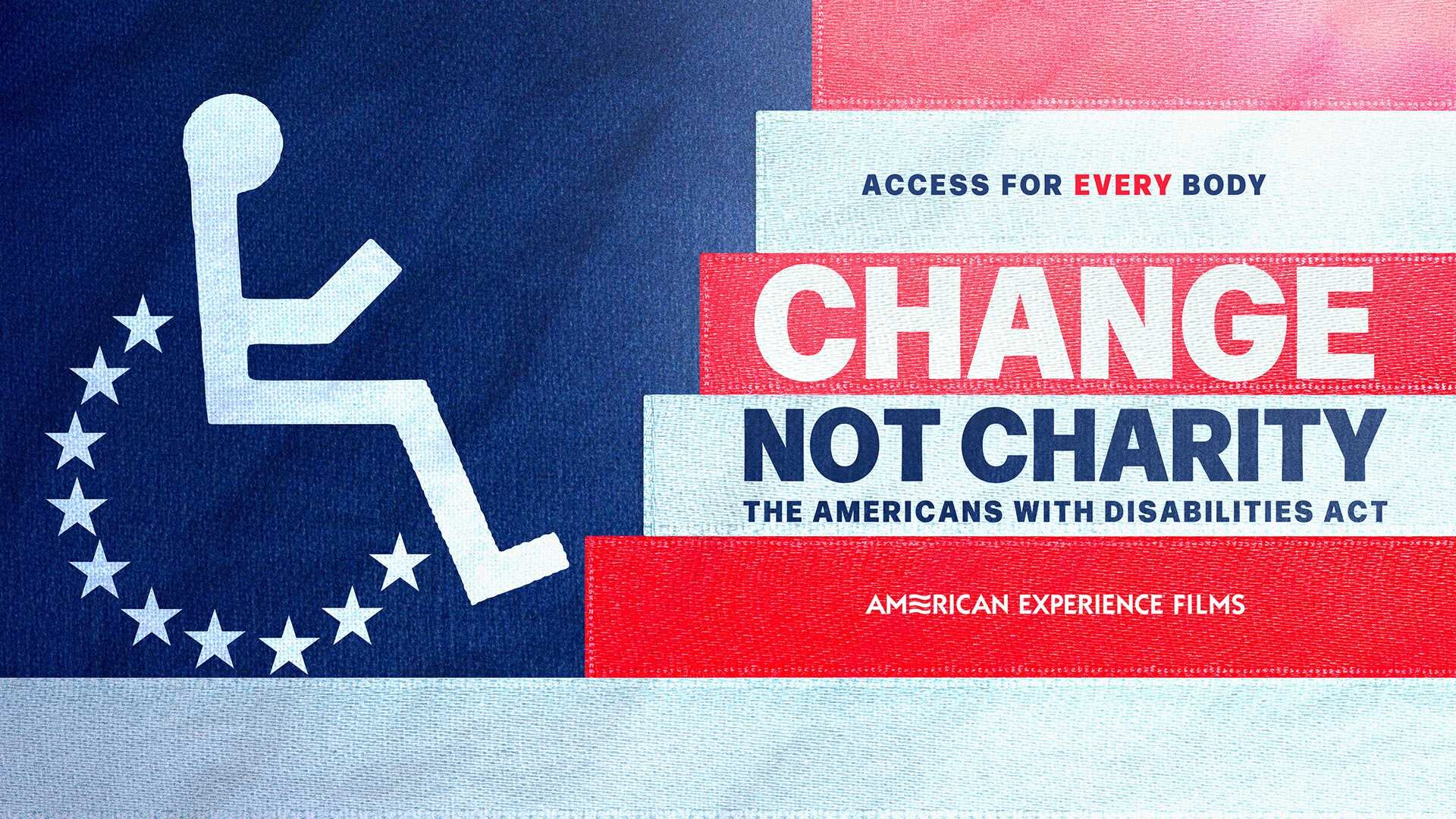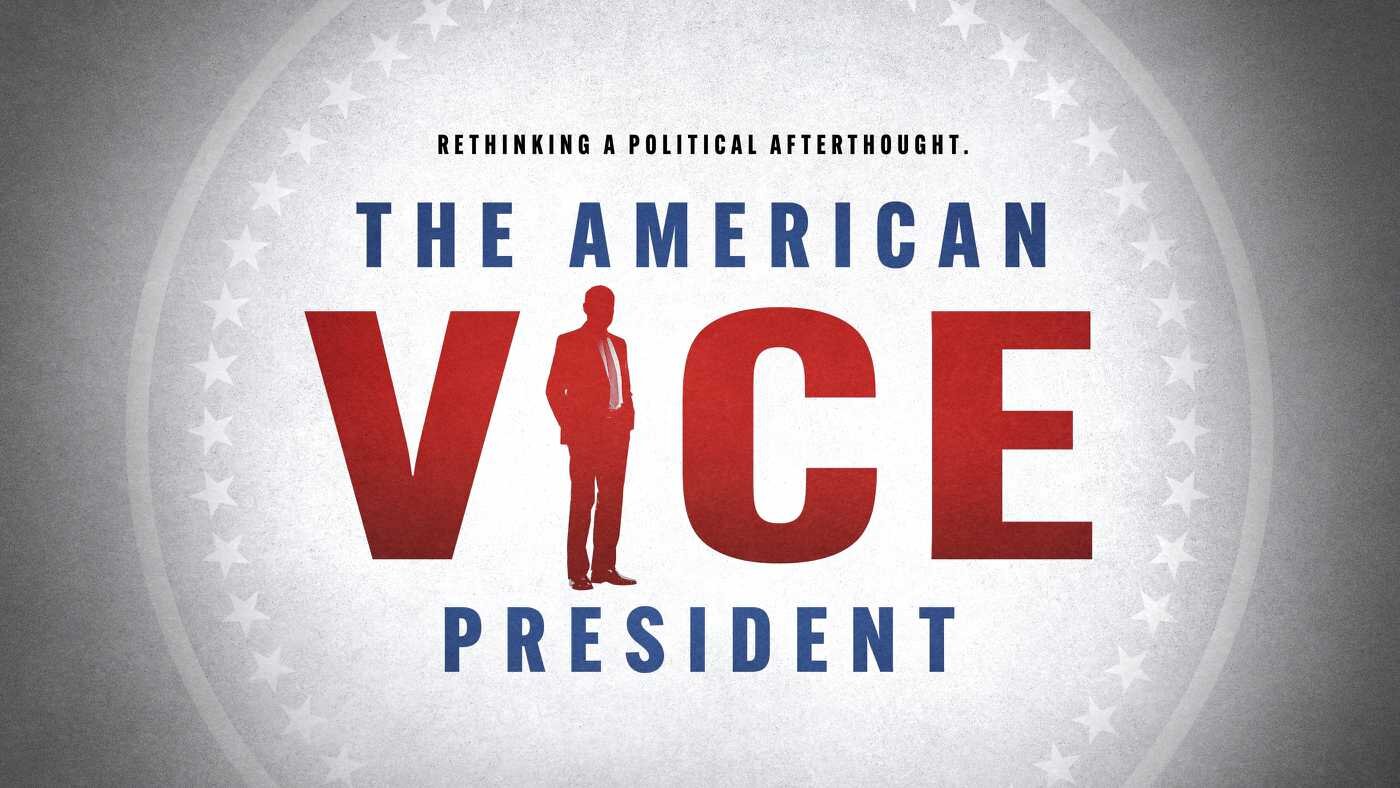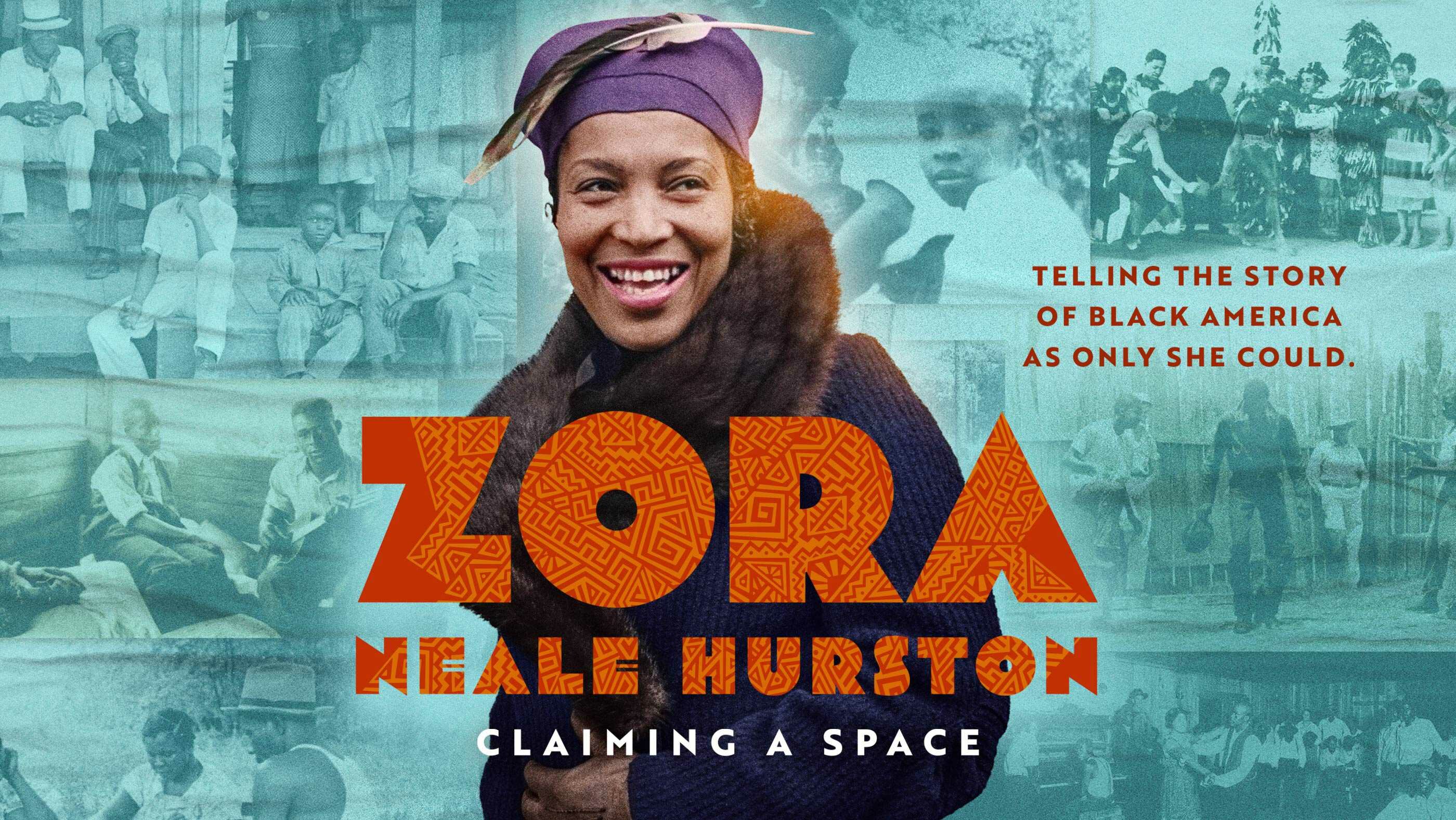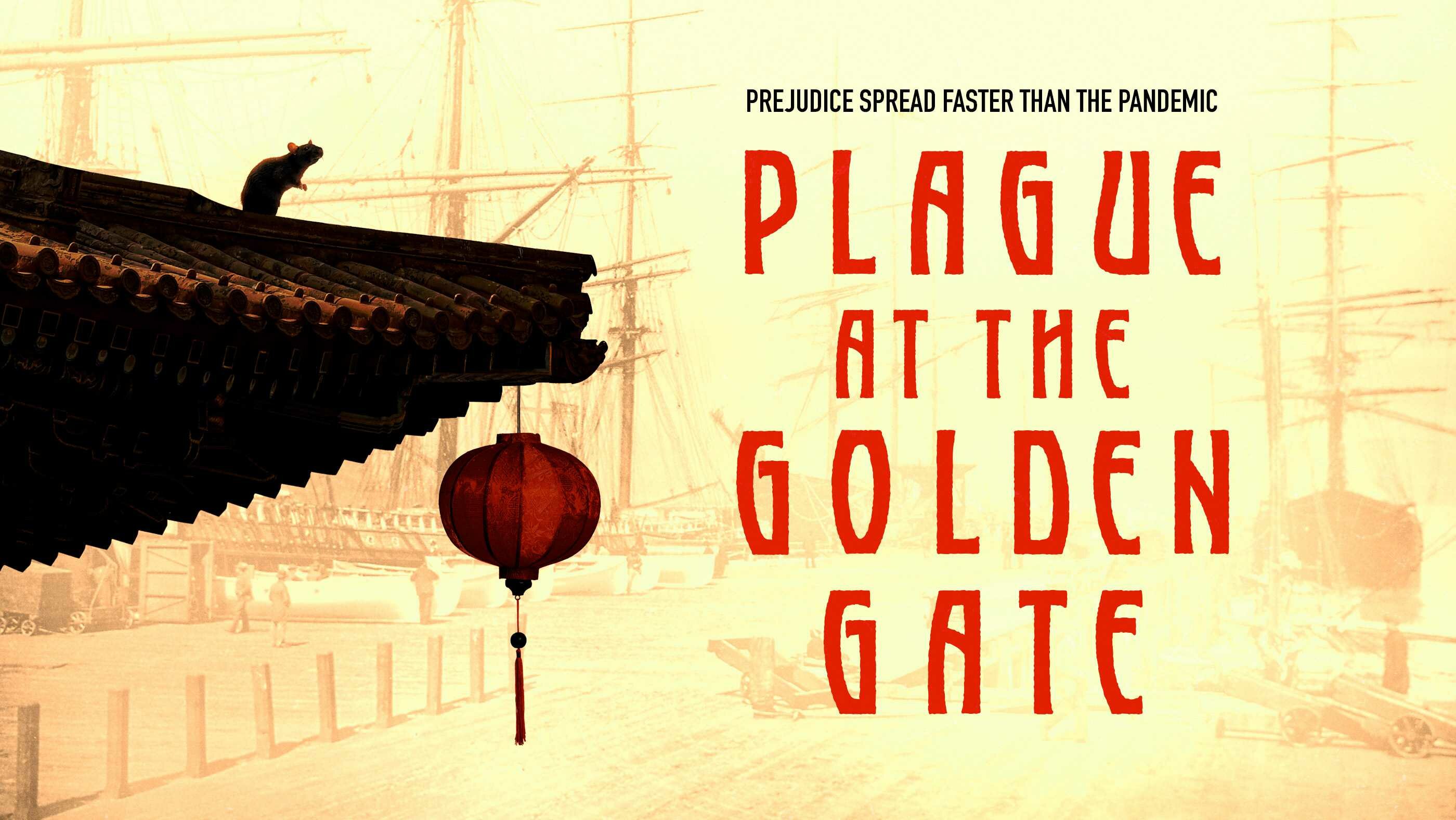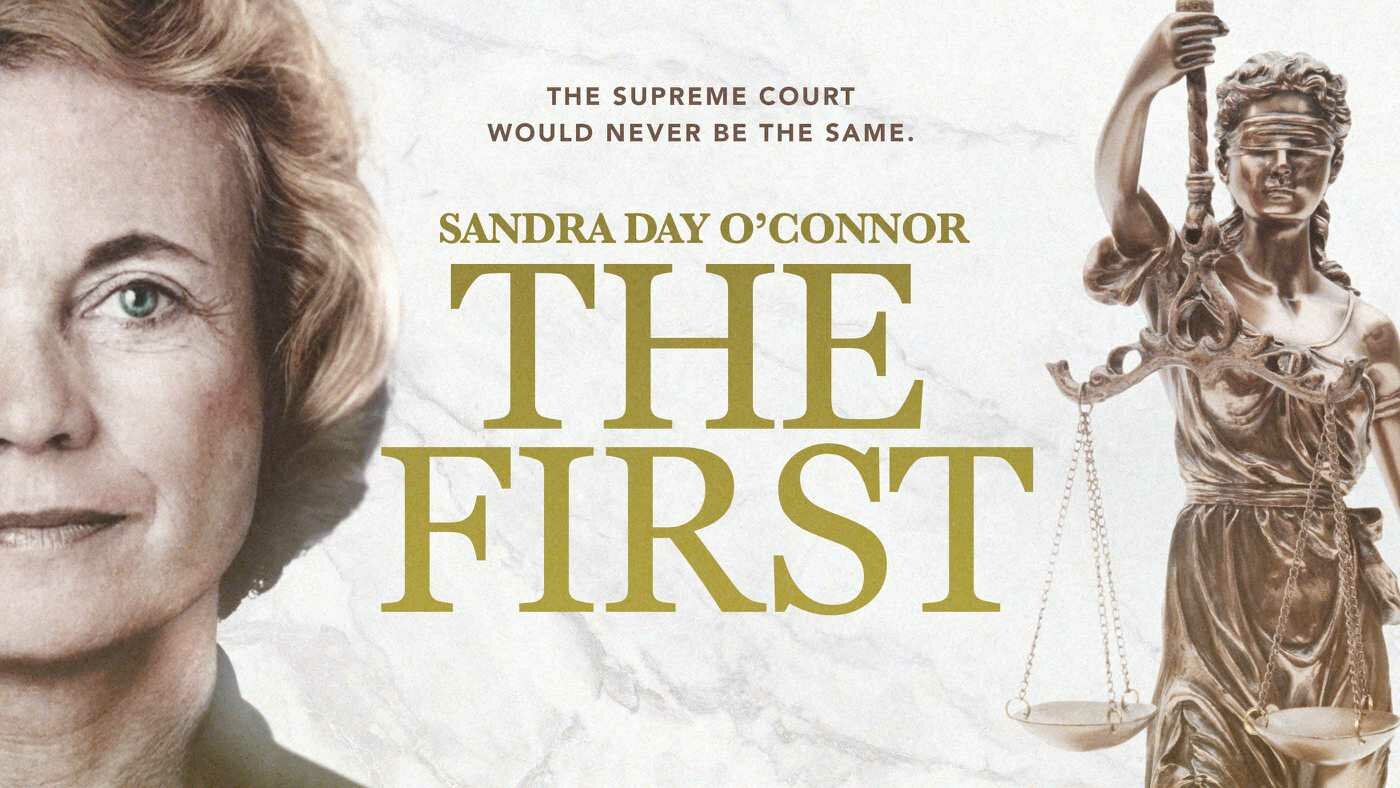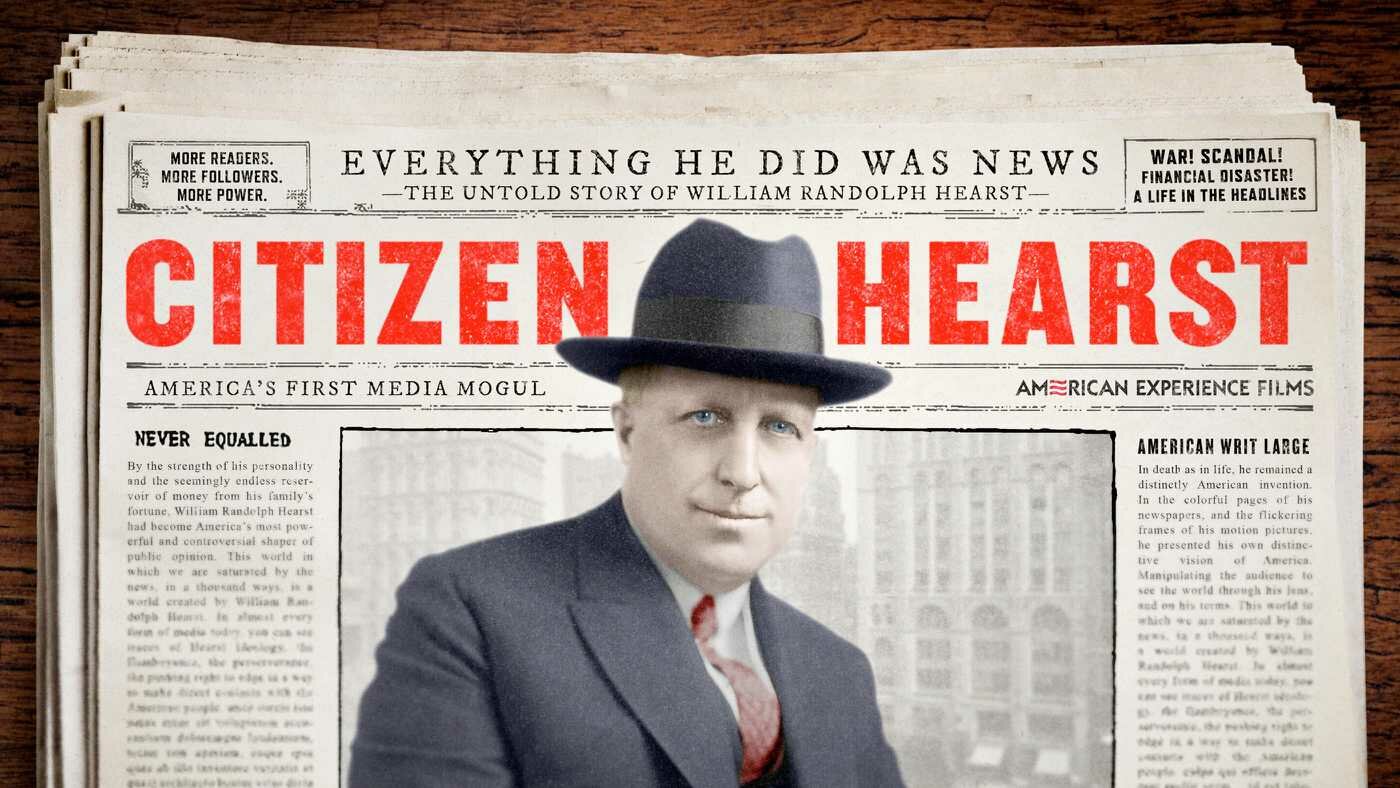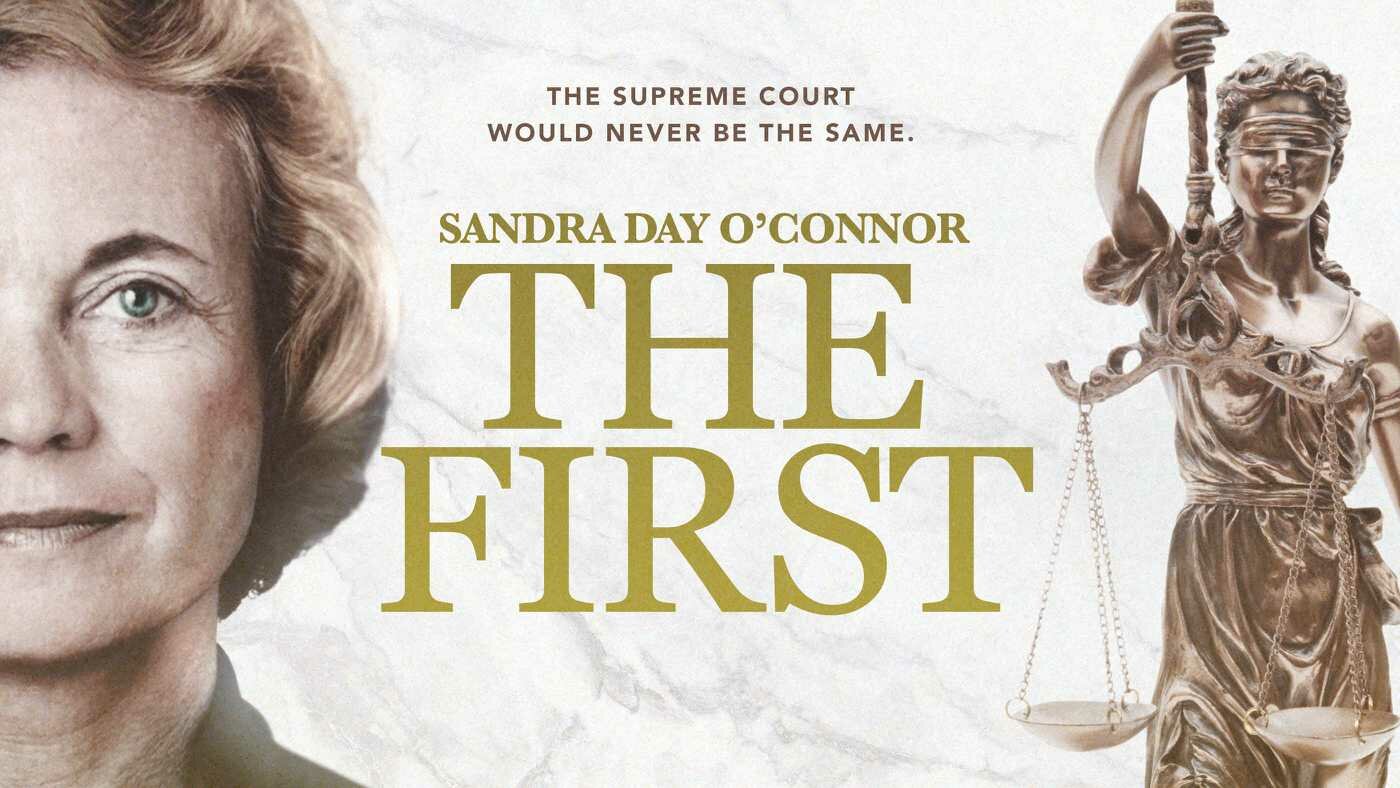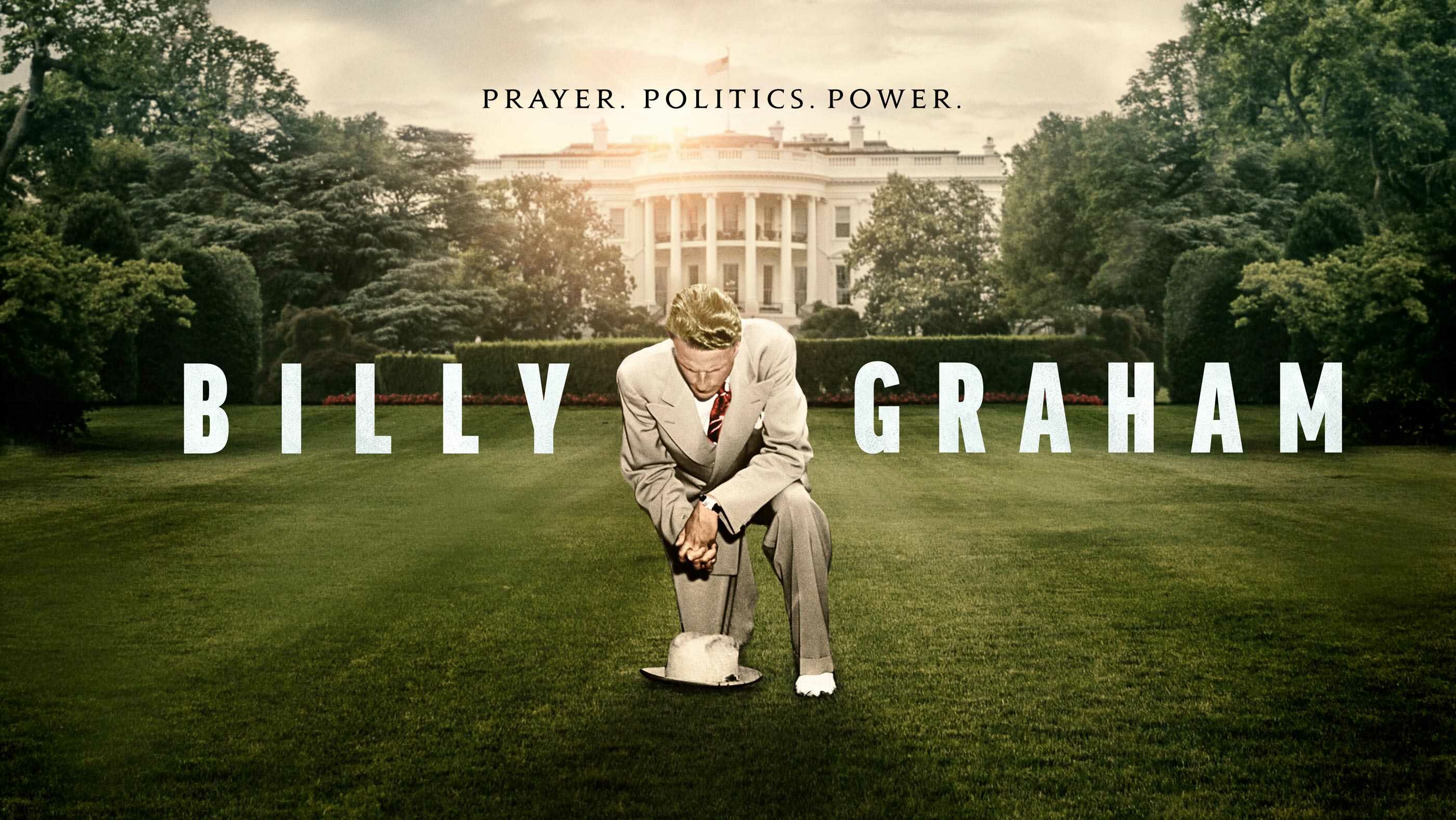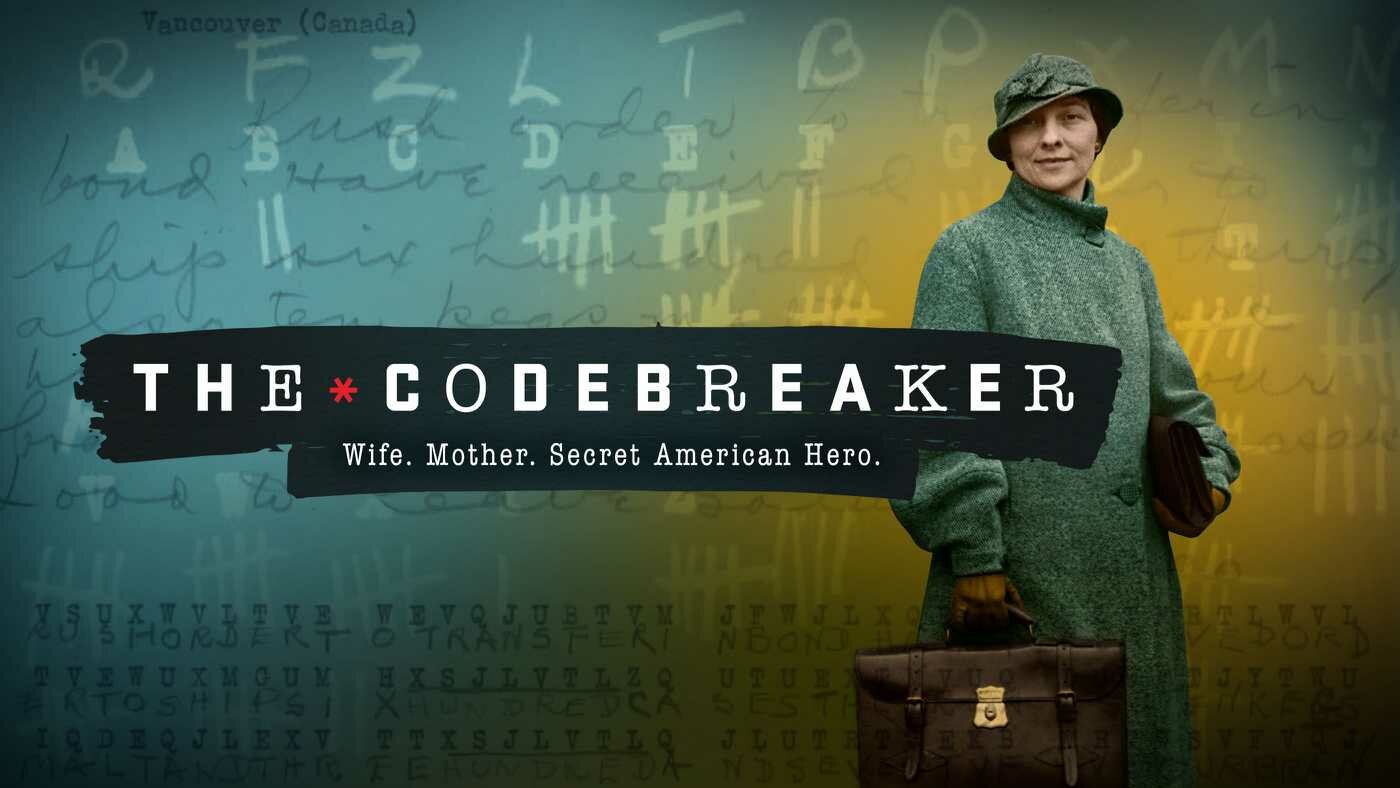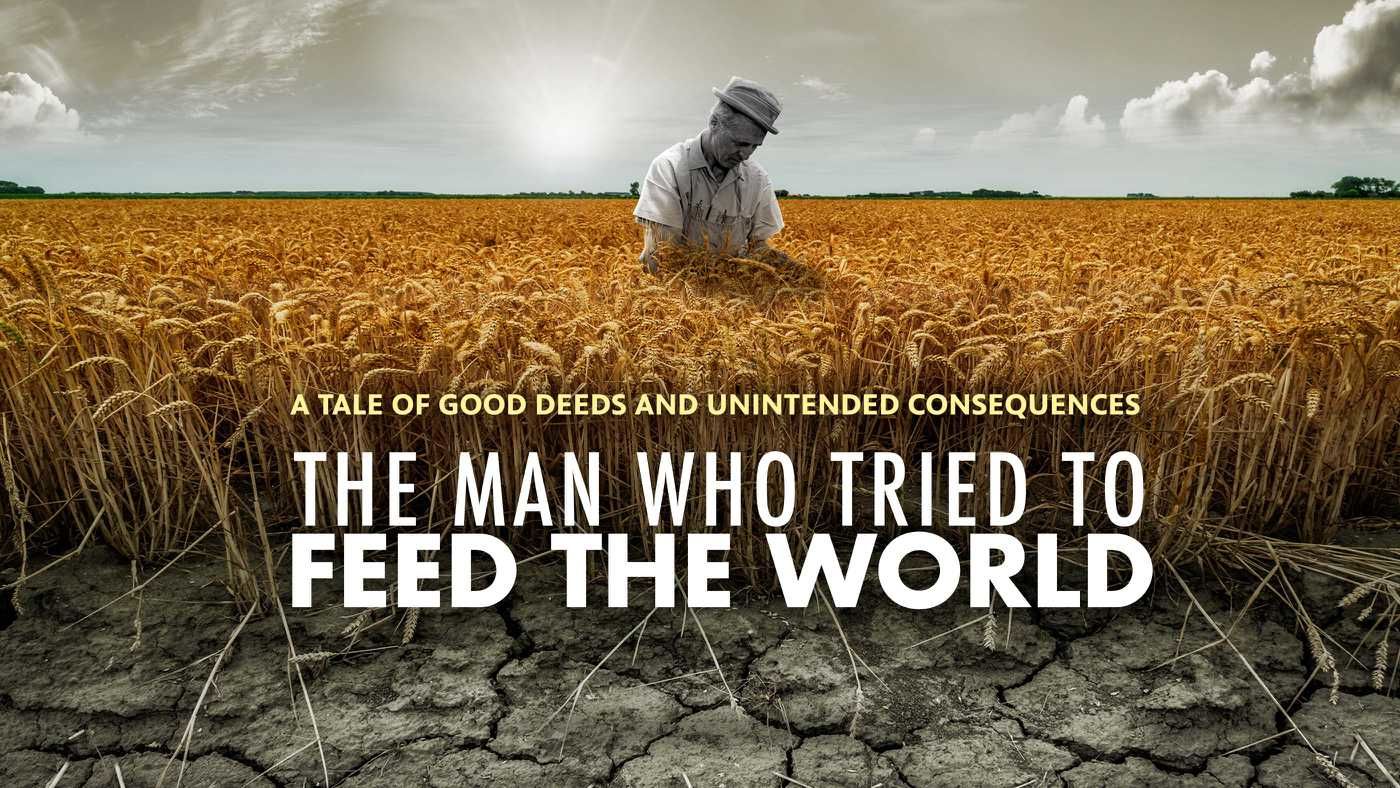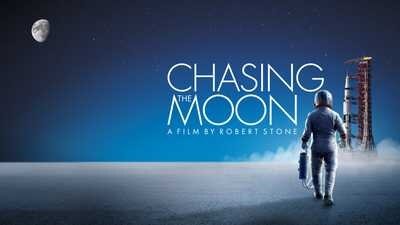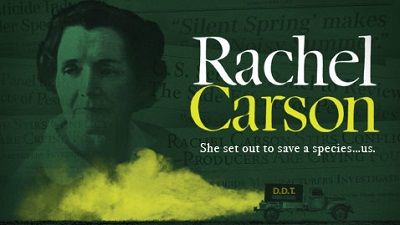American Experience Show Summary, Upcoming Episodes and TV Guide
American Experience
-
Show status
Running -
on network
PBS -
Last episode S37E7 aired 2025-10-29
2 days ago -
Rating based on 0 user-votes
0.0 / 5 -
Users having this show in their filter
10 - This show IS NOT in your filter Add to filter

Last episode:
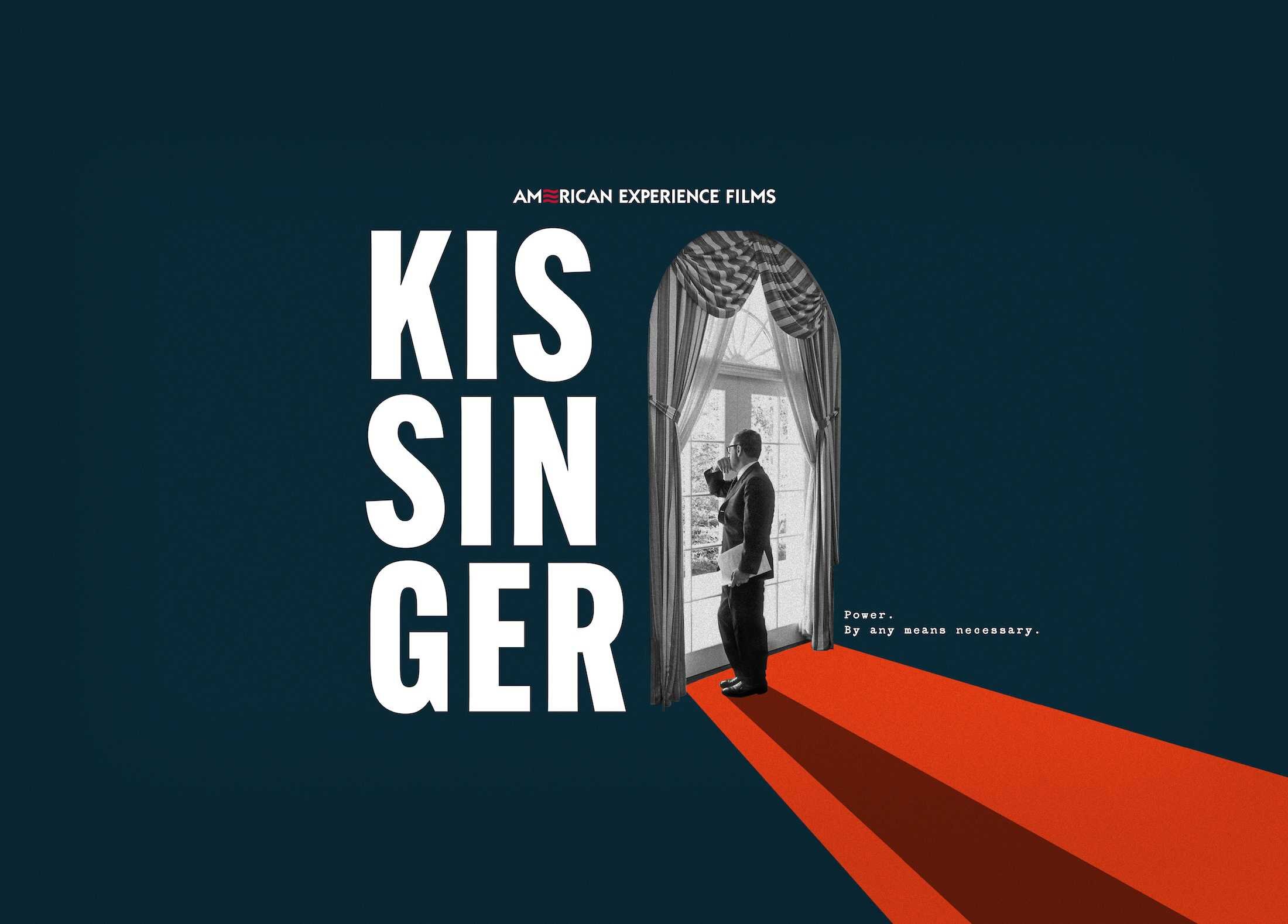
(Screencap by tvmaze.com)
aired 2025-10-29 (2 days ago)
Kissinger: Part Two – The Opportunist
Season: 37 | Episode: 7
» episode summary
» full episode guide
Kissinger: Part Two – The Opportunist
Season: 37 | Episode: 7
Rate now!
» full episode guide
Find American Experience on
 DVD
BluRay
DVD
BluRay
Instant Video
Watch instantly on your PS3, Xbox, Kindle Fire, iPad, PC and other devices.
Show Summary
Presents an absorbing look at the personalities, events and resources that have had a profound impact on the shaping of America's past and present. Started:
Started: Usually airs on:
Type: Documentary
Genres: History
Country: US

Users who watch American Experience also like:
-
s37e072 days ago01:00
-
s37e063 days ago01:00
-
s37e051 month ago01:00
-
s37e042 months ago01:00
-
s37e035 months ago01:00
-
s37e027 months ago01:00
-
s37e018 months ago02:00
-
s36e175 months ago01:00
-
s36e097 months ago01:00
-
s36e088 months ago02:00
-
s36e0712 months ago02:00
-
s36e061 year ago00:00
-
s36e051 year ago01:00
-
s36e042 years ago01:00
-
s36e032 years ago01:00
-
s36e022 years ago02:00
-
s36e012 years ago02:00
-
s35e112 years ago01:00
-
s35e102 years ago01:00
-
s35e092 years ago01:00
-
s35e082 years ago01:00
-
s35e073 years ago01:00
-
s35e063 years ago01:00
-
s35e053 years ago02:00
-
s35e043 years ago02:00
-
s35e033 years ago02:00
-
s35e023 years ago02:00
-
s35e013 years ago02:00
-
s34e073 years ago01:00
-
s34e063 years ago01:00
-
s34e054 years ago02:00
-
s34e044 years ago02:00
-
s34e034 years ago01:00
-
s34e024 years ago01:00
-
s34e014 years ago01:00
-
s33e084 years ago01:00
-
s33e074 years ago01:00
-
s33e064 years ago01:00
-
s33e054 years ago01:00
-
s33e045 years ago01:00
-
s33e035 years ago01:00
-
s33e025 years ago02:00
-
s33e015 years ago02:00
-
s32e095 years ago01:00
-
s32e085 years ago01:00
-
s32e075 years ago00:00
-
s32e065 years ago01:00
-
s32e055 years ago01:00
-
s32e046 years ago00:00
-
s32e036 years ago02:00
-
s32e026 years ago02:00
-
s32e016 years ago01:00
-
s31e066 years ago01:00
-
s31e086 years ago01:00
-
s31e056 years ago01:00
-
s31e076 years ago01:00
-
s31e046 years ago01:00
-
s31e036 years ago01:00
-
s31e027 years ago02:00
-
s31e017 years ago02:00
-
s30e087 years ago01:00
-
s30e077 years ago01:00
-
s30e067 years ago01:00
-
s30e057 years ago00:00
-
s30e048 years ago02:00
-
s30e038 years ago02:00
-
s30e028 years ago02:00
-
s30e018 years ago02:00
-
s29e089 years ago01:00
-
s29e079 years ago01:00
-
s29e069 years ago01:00
-
s29e059 years ago02:00
-
s29e049 years ago02:00
-
s29e039 years ago02:00
-
s29e029 years ago01:00
-
s29e019 years ago02:30
-
s28e089 years ago01:00
-
s28e079 years ago01:00
-
s28e069 years ago01:00
-
s28e0510 years ago02:00
-
s28e0410 years ago02:00
-
s28e0310 years ago02:00
-
s28e0210 years ago02:00
-
s28e0110 years ago02:00
-
s27e1110 years ago01:00
-
s27e1010 years ago02:00











